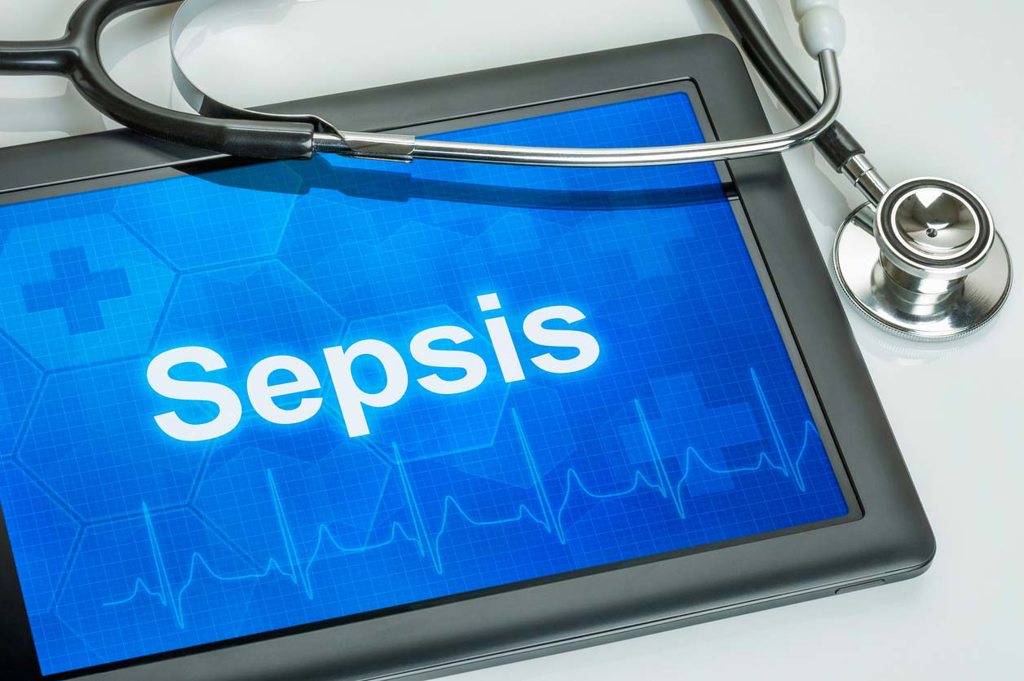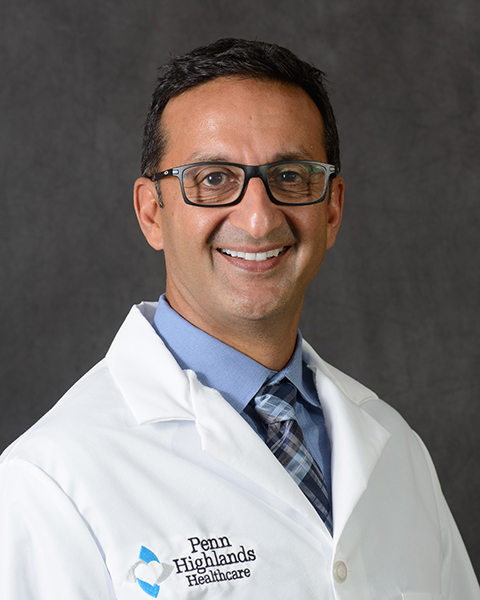What is Sepsis and How Can It Be Prevented?

Practically everyone has had an infection at some point in their life. Most people take an antibiotic and they recover. However, it is important to note that any infection can lead to sepsis, a life-threatening medical emergency that results from the body’s extreme reaction to the infection.
“Sepsis occurs when an infection you already have triggers a chain reaction throughout your body,” said Sundeep Ekbote, MD, MBA, FAAEM, Southwest Regional Chief Medical Officer, Penn Highlands Healthcare. “Infections that lead to sepsis most often start in the: gastrointestinal tract, lung, skin or urinary tract. Without timely treatment, sepsis can rapidly lead to tissue damage, organ failure and death.”
While bacterial infections cause most cases of sepsis, it can also be a result of other infections, including viral infections, such as COVID-19 or influenza as well as fungal infections.
What are the symptoms?
A person with sepsis might have one or more of the following signs or symptoms:
- Clammy or sweaty skin.
- Confusion or disorientation.
- Extreme pain or discomfort.
- Fever, shivering or feeling very cold.
- High heart rate or weak pulse.
Who is most at risk?
Anyone can develop sepsis, but there are segments of the population who are at greater risk. They include:
- Adults age 65 and older.
- Children younger than age 1.
- Women who are pregnant or post-partum.
- People who already survived sepsis.
- People with chronic conditions, such as diabetes, lung disease, cancer and kidney disease.
- People undergoing cancer treatments.
- People with recent severe illness, surgery or hospitalization.
- People with weakened immune systems.
How can sepsis be prevented?
The best prevention is to make your health and wellness a top priority.
- Manage chronic conditions, such as diabetes and COPD.
- Keep immunizations current. Vaccinations can prevent or reduce the severity of some infections that can lead to sepsis.
- Practice good hygiene
- Clean wounds and keep them covered until healed.
What are the treatments?
“Sepsis may be treated with intravenous antibiotics and fluids, medications to support blood pressure and even a ventilator, if needed,” explained Dr. Ekbote. “It may also be necessary to perform surgery to address the source of the infection.”
If you or your loved one has an infection that's not improving or is getting worse with the symptoms outlined, it is important to act quickly and seek medical attention. All Penn Highlands Healthcare Emergency Departments are prepared to identify and treat sepsis. To learn more, visit www.phhealthcare.org/ED.

